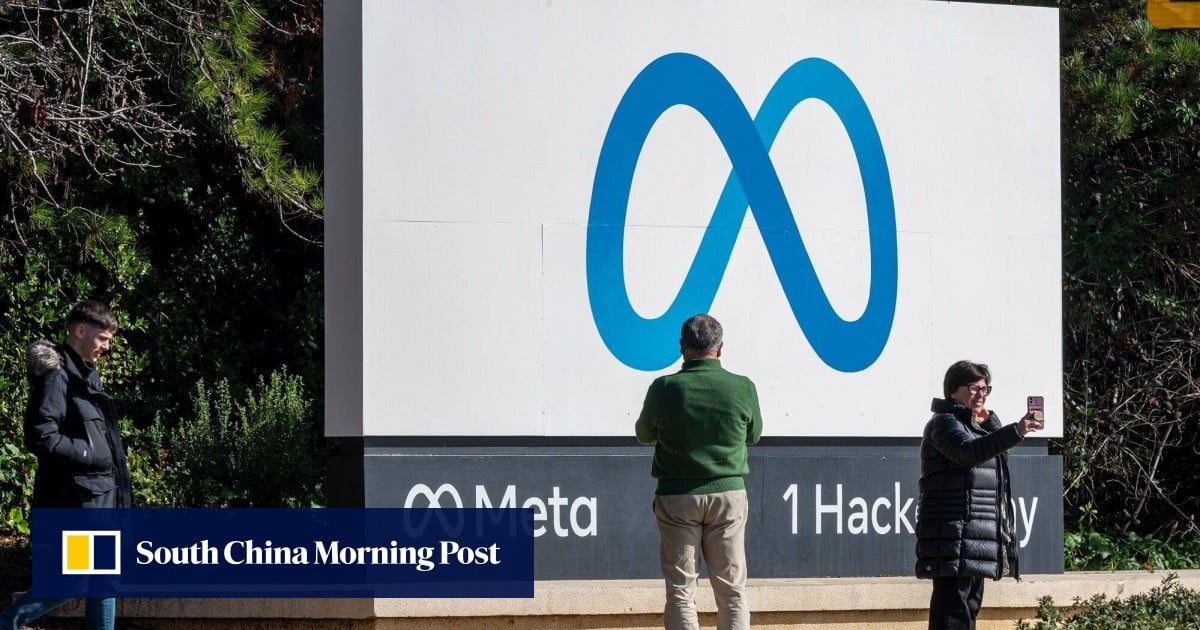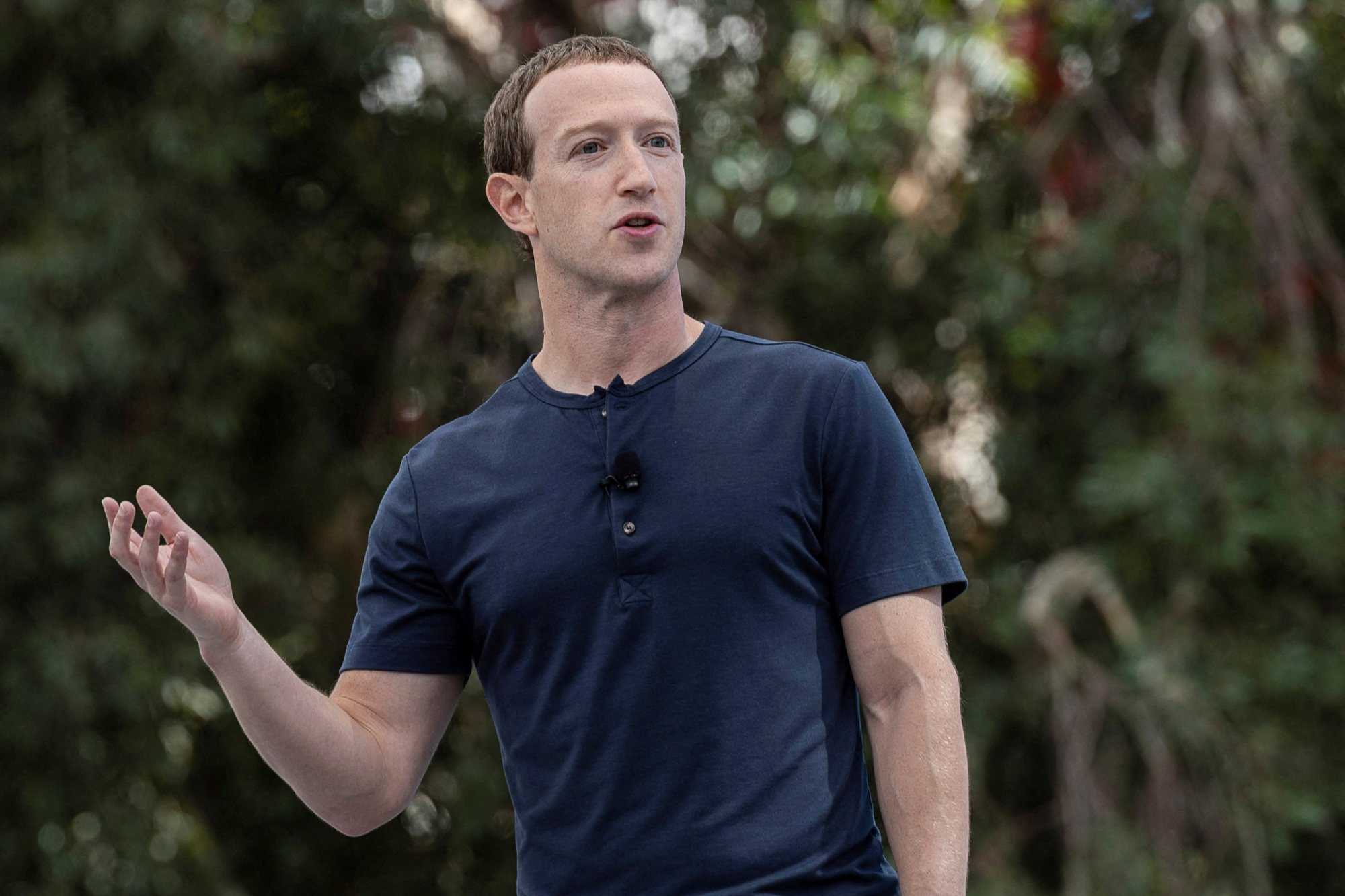
03 Feb China accounted for 10% of Meta’s sales in 2023 as Chinese brands seek global exposure
US-based social network giant Meta Platforms has seen its China-related revenue grow steadily due to strong traction from mainland-based advertisers, as Chinese brands vie for consumers in foreign markets.
In 2023, China accounted for 10 per cent of Meta’s total revenue of US$134.9 billion, up from 6 per cent in the previous two years, according to Meta’s financial results published on Friday.
“The online commerce and gaming verticals benefited from strong demand by advertisers in China reaching people in other markets,” said Susan Li, Meta’s chief financial officer, during an earnings call with analysts. She added that China sales contributed 5 percentage points to its total revenue growth last year.
Social media made US$11 billion advertising to minors, analysts now want controls
Social media made US$11 billion advertising to minors, analysts now want controls
The country also accounted for a larger proportion of Meta’s revenue in the Asia-Pacific region last year, at 38 per cent, up from 27 per cent in 2022.
Although the Chinese government blocks its population of 1.4 billion from many global social media apps such as X, Google’s YouTube and Meta’s Facebook and Instagram, that did not stop China from being a top advertiser on these platforms, where state-related actors also tapped into their global reach.
X, formerly Twitter, saw China become its fastest-growing overseas ad market and one of its largest non-US revenue sources due to a splurge of global influence activities by Chinese authorities, according to a Reuters’ report in 2022.
China was Meta’s biggest advertising market in Asia in 2017, as Beijing used the US-based platform to spread state-produced propaganda around the world, according to a New York Times’ report that year.
Facebook has been blocked by the Chinese government since 2009, under Beijing’s increased internet censorship regime designed to eliminate political content deemed “harmful” by the Chinese Communist Party. In a move aimed at securing access to the mainland Chinese market, Meta CEO Mark Zuckerberg met with the then propaganda chief Liu Yunsan in Beijing in 2016. That was followed by a visit in 2017 where he met students from China’s prestigious Tsinghua University. Neither effort was successful in getting the app approved in China.

Meta warned investors on Friday of geopolitical risks, saying that the Chinese government could take action that reduces or eliminates its China-based advertising revenue, as a result of ongoing trade disputes with the US.
Meta reported a profit of US$14 billion in the fourth quarter of last year, beating analyst forecasts as revenue climbed to US$40.1 billion for the period. The company said Facebook’s monthly users stood at 3.07 billion, 20 years after the platform was founded by Zuckerberg in a Harvard dorm.
In late 2021, Facebook changed its parent company name to Meta Platforms to reflect Zuckerberg’s yet to be proven vision of a virtual world, referred to as the “metaverse”, as the next major computing platform.
